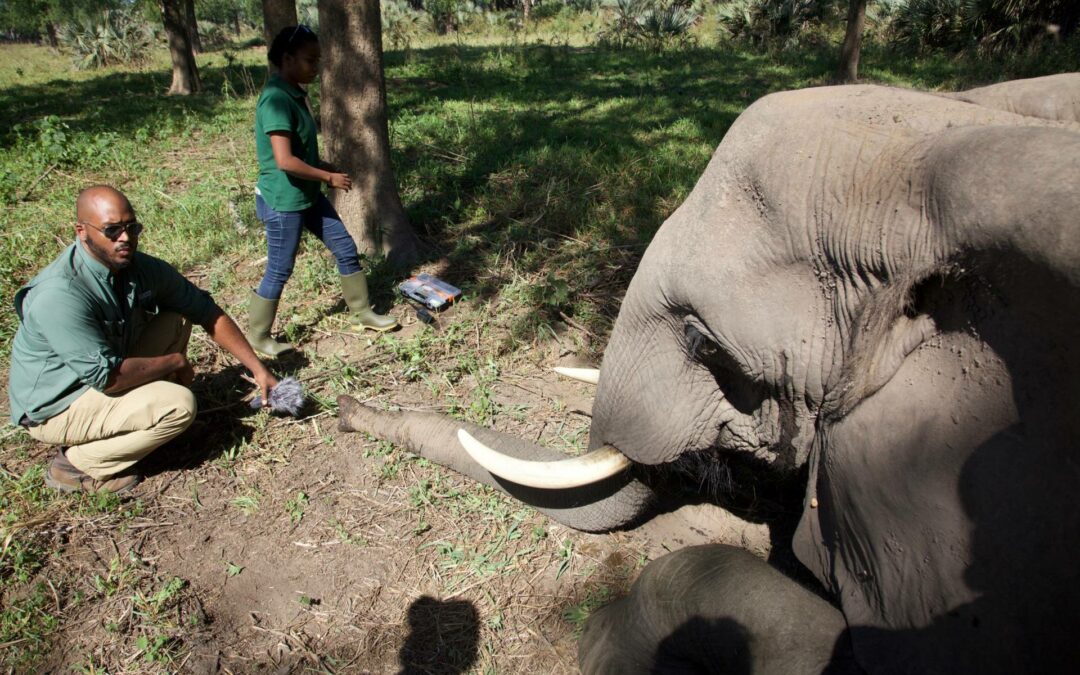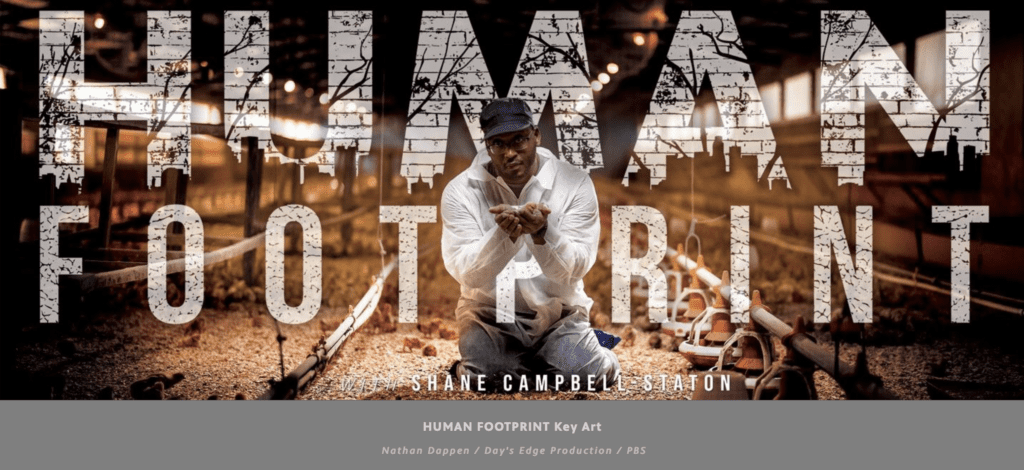Gorongosa National Park will be featured as part of a new, six-part science documentary called Human Footprint, July 5 – August 9 on all Public Broadcasting System (PBS) platforms.
Hosted by biologist and Princeton University professor Shane Campbell-Staton, Ph.D., the series dissects all the ways humans have transformed the planet.
Gorongosa Park is featured in episode two of the series – “Top Predator”, scheduled to air Wednesday, July 12, at 9 p.m. ET. The show focuses on how biology, culture, our technology, and economy have transformed our species into the world’s greatest predator. From Yellowstone to Mozambique, Shane explores our global impact as the planet’s Top Predator.
Part science series and part travel show, Shane journeys from farms to restaurants, from high-tech labs to sweltering street markets, and from primeval forests to the back alleys of New York City. On his quest, he discovers, through the characters he meets, the impact of humans and how our actions give us a clearer vision of who we really are as a species.
“Hosting Human Footprint has been one of the greatest adventures of my life,” said Campbell-Staton. “I study how animals adapt to the changes we are making to planet, but this journey really helped me to better understand the depth and breadth of our impact. We are so intricately connected to the world around us in many ways. I hope this series helps others to see and think about those connections in new ways.”
Each episode of Human Footprint is built on a foundation of science, but the biggest lessons are about human nature. The series is not a “doom and gloom” tale of human villainy. Instead, it’s an honest reckoning with our vast footprint and our species’ singular history of transforming the planet.
Human Footprint is produced by Day’s Edge Productions with Nate Dappen, Ph.D., and Neil Losin, Ph.D., as series producers and directors. Bill Gardner is executive in charge for PBS. Production of the show is being made possible in part through funding secured from Margaret A. Cargill Philanthropies.
This programming is part of a multiyear, multi-platform initiative from PBS that explores every aspect of how climate change impacts communities, countries and the entire planet. The comprehensive focus represents PBS’s biggest-ever commitment to the topic, providing a deeper understanding of the issues surrounding climate change and exploring its intersections with conservation, biodiversity and the ecosystem.
Shane C. Campbell-Staton is an American evolutionary biologist and an assistant professor in the ecology and evolutionary biology department at Princeton University, where he leads a research group. He’s studied the phenomenon of tusklessness in African elephant populations – both the genetic causes of this, as well as the consequences for how the elephants interact with the environment – in Gorongosa National Park.

